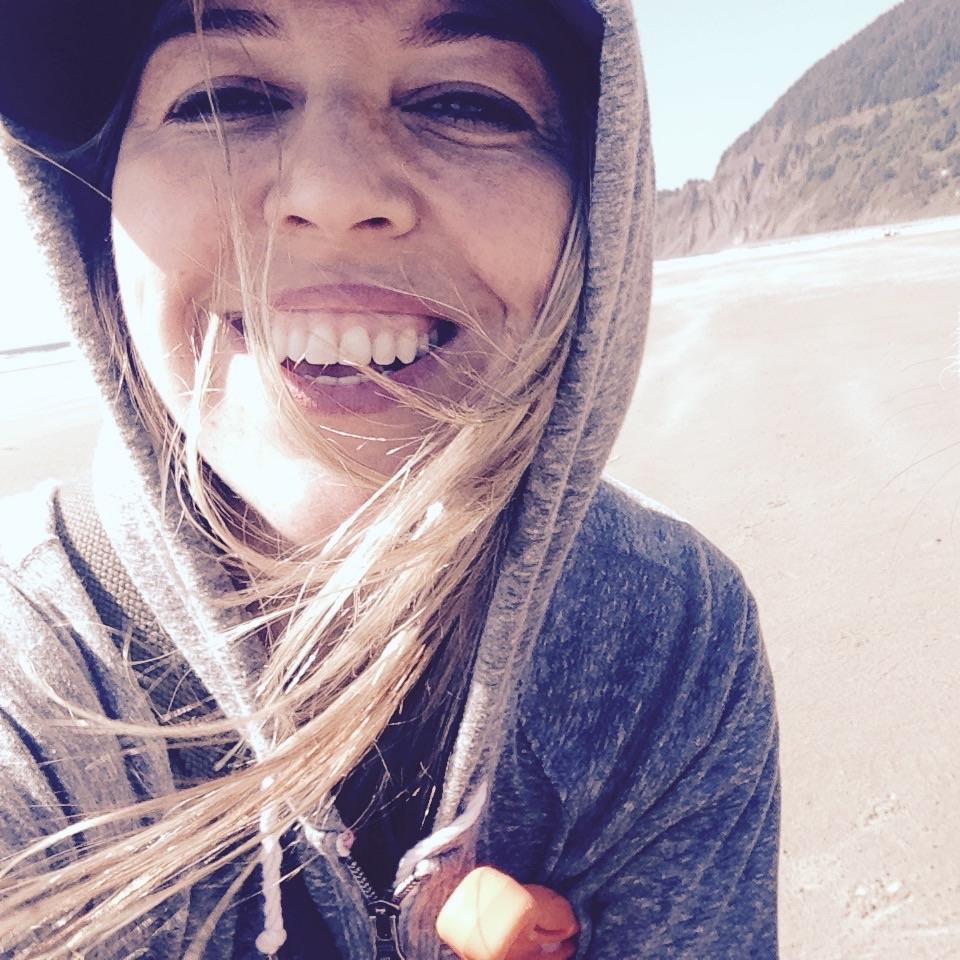Local Hospitals to Decide on Physician-Assisted Dying in Wake of Election
PUBLICATION: Goldendale Sentinel, WA print edition
The Klickitat Valley Health (KVH) hospital is among local health care providers that will decide in the coming weeks how to respond to the passing of ballot measure I-1000, which allows doctors to prescribe lethal medication to terminally ill patients.
The practice, formerly called “doctor-assisted suicide,” is part of Washington’s Death with Dignity Act, and is now referred to as “physician-assisted dying,” or PAD. Within the framework of the new law, individual hospitals can create their own policies about the measure.
“Each health care provider entity will make a decision about whether it chooses to participate in this service or not,” said Jeff Teal, KVH Hospital Development Director. “Very much like abortion [or] marijuana prescriptions for people with pain, a provider will never be in a position where they have to prescribe something they feel uncomfortable with.”
Dr. William Bothamley, head of hospice at KVH, said he will meet with his staff this week to begin discussions. On Dec. 1, the team takes part in a statewide conference call on the subject.
At the moment, Bothamley said, it is too soon to know how staff and administrators will react.
“We’re in the process of meeting as a group,” Bothamley said. “We need to sit down and just talk about it and see where we’re headed with this.”
In Klickitat County, voters supported the measure at rates higher than the statewide level, with 59.51 percent in favor and 40.49 percent against it, as of Friday. (Statewide margins were 57.79 to 42.21.)
The vote highlighted splits among local doctors, hospice workers, and clergymen, who voiced opinions on both sides of the issue.
Dr. Michael Garnett, for example, said he is against the measure and has concerns about the impact it might have on families, especially those with mixed thoughts.
Beyond that, he said, there have been instances in other places of insurance companies, HMOs, and family members taking advantage of the practice. It also puts pressure on a patient to take the burden off others.
“The right to die becomes a duty to die,” he said, emphasizing he was speaking as an individual and not on behalf of KVH.
However, Sharon Eche, KVH hospice volunteer, disagreed. She said a dying patient should always have the right to choose. She said she has seen terrible pain in her work and allowing patients the decision is the compassionate thing to do.
“Take ALS [Lou Gehrig’s Disease] – the suffering they go through is horrendous,” said Eche.
Vernon Chase, hospice chaplain for KVH, is a lifelong pastor who has been present for over 100 deaths. He said he is torn on the issue. Although his religious views give him reason to pause, he has also seen awful suffering.
“I’m a little on both sides,” said Chase.
His biggest concern, he said, is many patients that are suffering are not necessarily ready to die. He said he is concerned too, because people often misinterpret the Bible and assume death will offer certain freedoms.
“A lot of people who die think they’ll go right to Heaven but not all of them do,” the chaplain said.
If asked, he said he would counsel patients to seek a natural death.
Pat Beeman, pastor of the Goldendale United Methodist church, said she too has concerns about the measure, but would be willing to be with a patient if they wanted her there.
Her biggest issue is making sure adequate policies are in place to ensure the practice is never taken lightly and patients get plenty of counseling.
In terms of her religious beliefs, she said there is room for different interpretations.
“It depends on how you think God is looking upon you,” Beeman said. “Some people say that taking a life is a sin no matter what…I guess that I think our God is very, very forgiving and understands people in pain.”
Ron Kaufmann, of Cascade Senior Center, said he has been conflicted over the measure.
“I’ve kind of always wrestled with the issue both ways,” Kaufmann said. “From my religious perspective, I think sometimes people are left here on earth not necessarily because of what they’re going to accomplish, but what they’re going to teach others…then from a medical standpoint, there’s a lot of suffering.”
Sharon Eche said in the end, she thinks it shouldn’t be about one’s personal beliefs.
“Morally speaking, there are a lot of people that might not be able to do that and frankly, I might be one of them,” said Eche. “But I don’t think I have the right to impose my will on them.
“I guess what I’m trying to say is live and let live and die and let die.”
This article was originally published in The Goldendale Sentinel. Goldendale, WA. Photo with permission from Pixabay.






